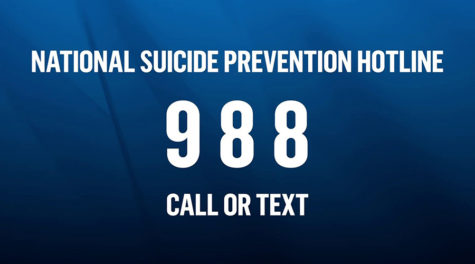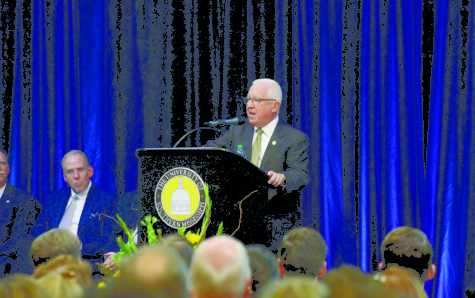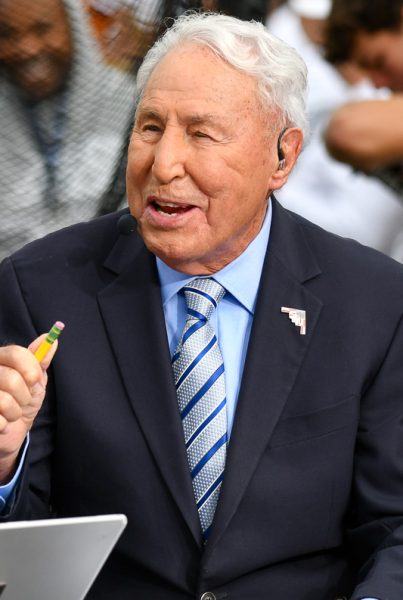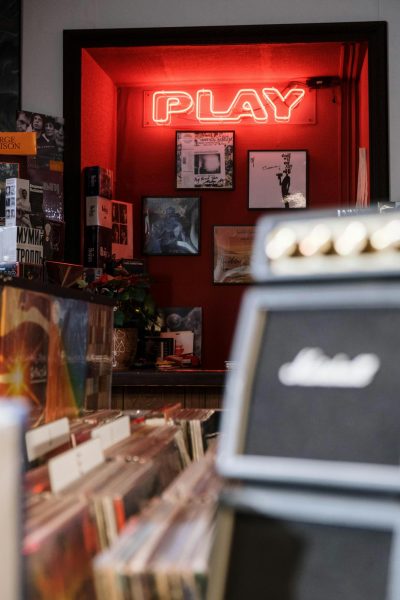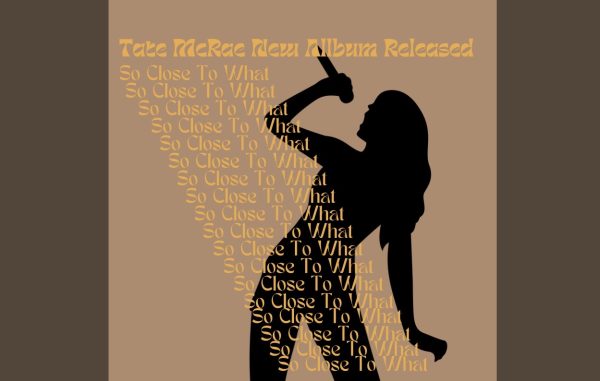Autism Speaks and USM, a harmful duo
OPINION
The University of Southern Mississippi School of Psychology recently announced a fundraising initiative with a goal to meet Mississippi’s demand for mental health professionals who can diagnose Autism Spectrum Disorder. At the same time, they also announced a $5,000 Local Impact Grant from Autism Speaks. While the University passes this off as completely fine, there is a major problem with Autism Speaks.
Autism Speaks has a convoluted history of being harmful to autistic people. Though its message has changed since its conception in 2005, Autism Speaks still has a detrimental impact on the autistic community. The School of Psychology should not be partnering with them.
For background, Autism Speaks has a history of controversies towards autistic people. Despite their constant statements that they’re a group that advocates for autism “awareness”, this organization is desperately unaware. According to a flyer from Autism Advocacy and Education as recently as 2020, Autism Speaks only had one autistic out of a total of 28 people on its Board of Directors. At the same time, Autism Speaks has only used a daunting one percent of its budget towards its Family Service grants. Forty-eight percent of their budget has gone towards awareness and lobbying, a tactic that is harmful to the autistic community. Awareness and lobbying do not teach acceptance.
The grant that the School of Psychology applied (emphasis on that word) for is apparently used for education and training, sensory equipment and technology, and other recreational activities. This might sound fine to most, but it is awfully ironic that an organization like Autism Speaks would be behind it.
The grant also allows for the training to administer the Autism Diagnostic Observation Schedule (ADOS-2), a test that many people in the autistic community have found reasonable issues with. Key evidence points to the test having multiple biases, such as downplaying the existence of autism in Black and female children. When compared to White male children, Black and/or female children had an eleven percent bias in their findings after taking the test. It’s a small finding, sure. But it’s still a finding that implies the existence of a bias that should not exist on a behavioral test. It is quite concerning that the School of Psychology expressed such an interest and excitement in being able to administer a test that has a considerable amount of controversies and bias.
In another harmful move towards the autistic community, Autism Speaks supports Applied Behavioral Analysis (ABA) therapy. Many autistic people have found only negative results from ABA therapy. One of these negative results being the attempt to “rid autistic people of their behaviors.” The goal of the original version of the therapy (created by Dr. O. Ivaar Lovaas in the 1960s) was to make autistic people “indistinguishable from their peers.” Is the goal for autistic people to become neurotypical? Is the goal to strip them of what makes them who they are in the name of acceptance? What kind of therapy is that?
ABA is not as brutal now, but the goal is almost the same. It still harms autistic people. Disappointingly, ABA is taught at the School of Psychology, harming the autistic community that is fighting to have their voice heard by those that need to listen.
The point of all of this information is this: Autism Speaks deserves to have no place in the School of Psychology.
The School of Psychology needs to do its homework on the controversies and ignorance that Autism Speaks continues to display. Autism has made so many developments with how it is viewed by the modern world, though with the School of Psychology’s support of Autism Speaks, proves that there is still much work to be done.
It is 2023, and we cannot afford to be misinformed or ignorant when it comes to organizations such as Autism Speaks. Many turn to the School of Psychology with trust and expect to receive the best care they can get. If the School of Psychology willingly supports an organization with its history and current reputation among the autistic community, then they won’t listen. How can you trust those that don’t listen?
When I recently sat down with the creator of the Paper Boat Autism Library, Cara Larsen, she said it best. “For them to accept money from an organization that most autistic people do not like and do not trust, it shows that they’re not listening to autistic people and that they don’t really care what we have to say.”
To the School of Psychology, I ask that in the future you do extensive research on who you receive your grants from. Ensure that no one in the community that you are aiming to help feels hurt by your decisions.
Autistic people need acceptance, and they turn to you for it. Give it to them.
Your donation will support the student journalists of University of Southern Mississipi. Your contribution will allow us to purchase equipment and cover our annual website hosting costs.



































